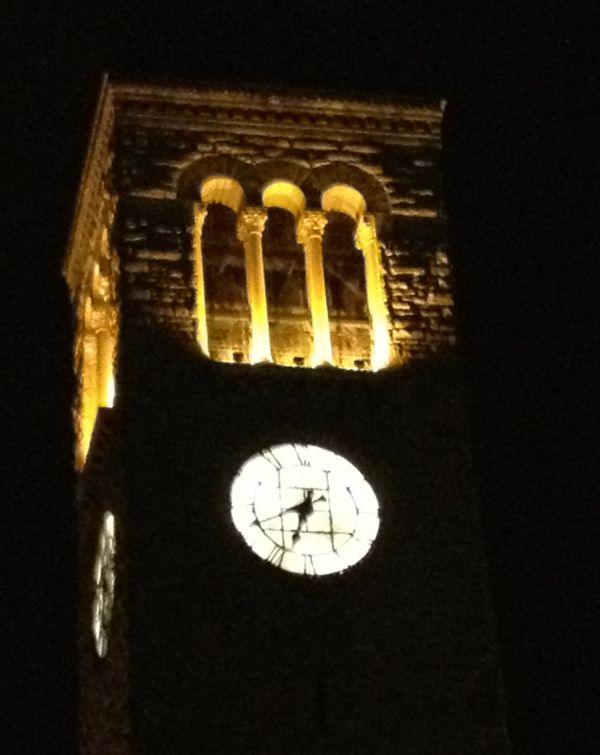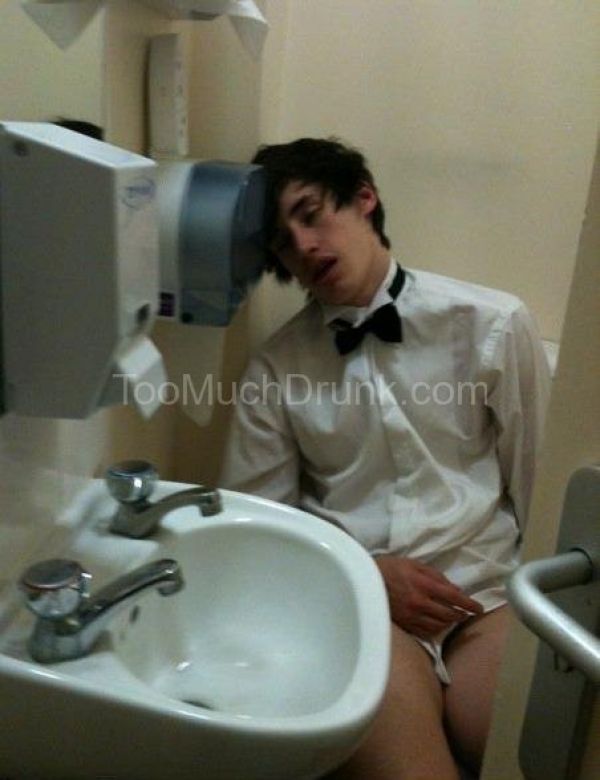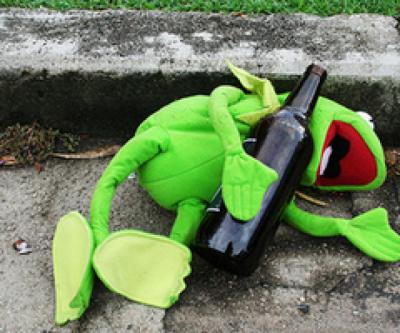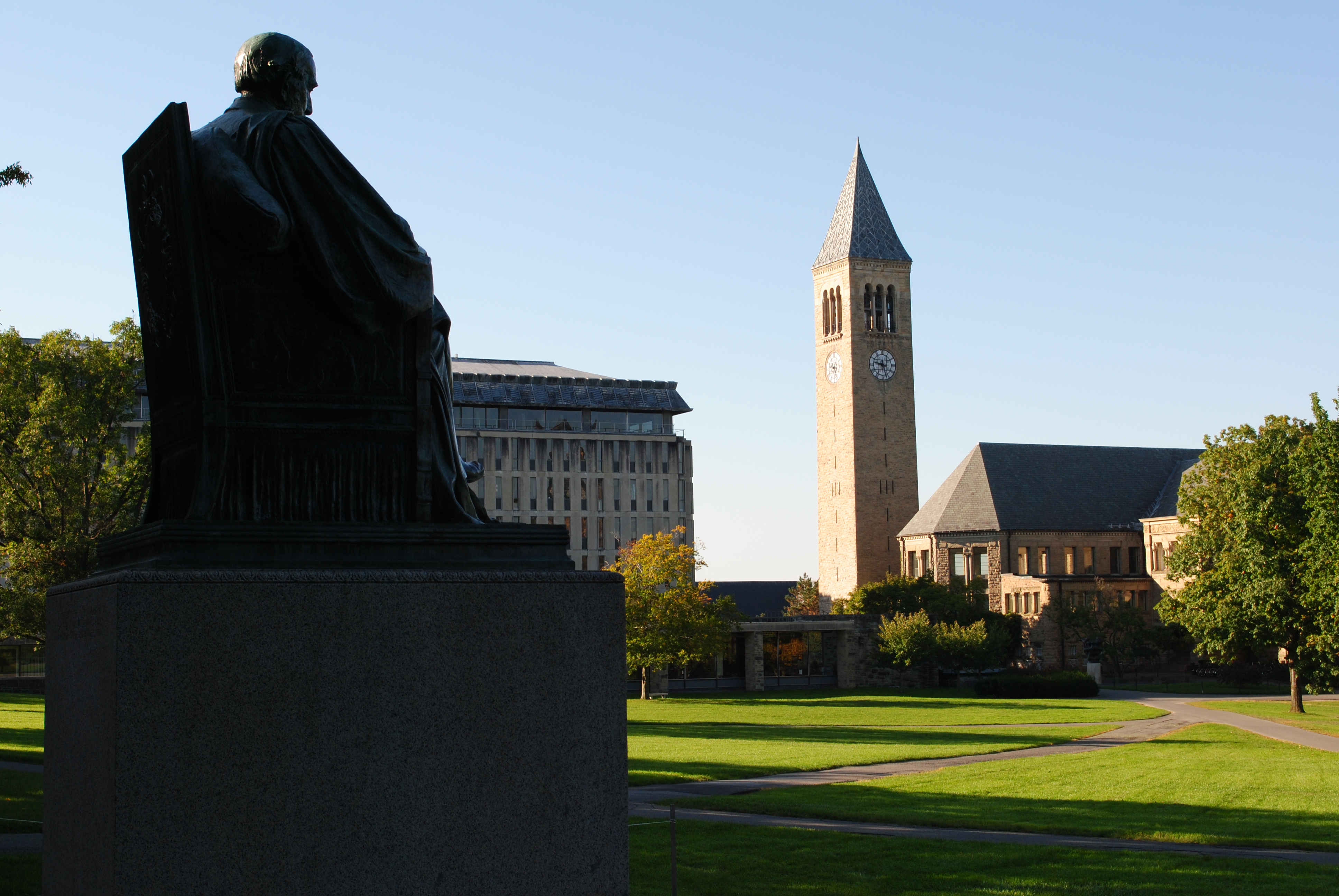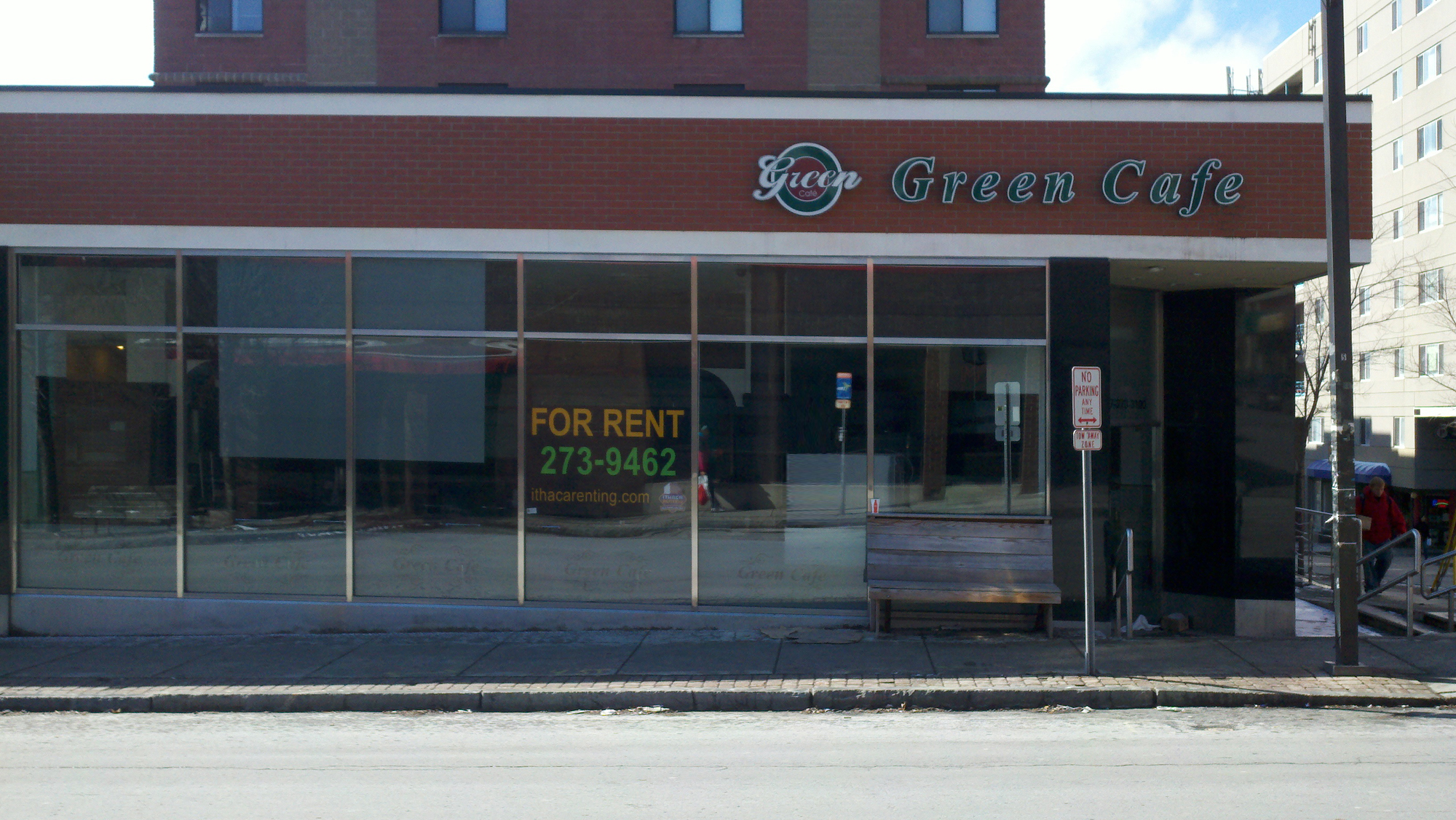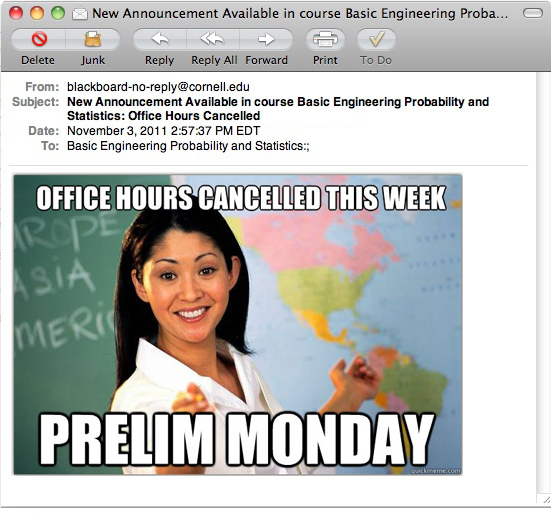
ITHACA, NY – Despite numerous
changes in University policy ““ including prohibiting freshmen students from
attending open fraternity parties, and banning alcohol from sorority “mixers” ““
the prevalence of medical transports and other alcohol related incidents at
Cornell has remained unchanged. Recently, a team of researchers from the
College of Agriculture & Life Sciences set out to establish the causes
behind this discrepancy. Their results, however, have produced no conclusions
so far.
In repeated experimental trials,
Dr. Diane Siegel and Dr. Mark Rosen, CALS, enforced the same restrictions facing
Cornell students on laboratory mice in hopes of isolating some previously
unknown variable.
“Our hope is that, by rigorously applying the scientific method
to this dilemma, we should be able to determine exactly why Cornell students keep drinking,” said Siegel. “But, we
cannot say for certain right now what those reasons are.”
In one study, 55 mice were
instructed not to drink any alcohol, and then left alone for 36 hours. After 36
hours, 53 of the subjects had consumed at least twelve drinks, and were
described by researchers as “seriously intoxicated.”
“We know for a fact that most mice
drink moderately or not at all,” said Rosen, “so these results are truly
baffling.” Threats of fines and referrals to judicial administration had little
to no effect on the drinking habits of the mice.
“One thing we have noticed is that
the more tests we subject the mice to, the more alcohol they tend to consume,”
Rosen commented. “However, we believe the two factors are completely unrelated
to one another.”
A more recent study involved
inviting the mice to several different “alternative” programs, such as board
game nights or movie nights, to see if presenting options besides consuming
alcohol would have an effect on their rate of consumption. However, encouraging
all 55 subjects to attend a sober dance party at Robert Purcell Community
Center resulted in a turnout of only six mice, two of which were described by
researchers as “shitfaced.”
“We are unsure as to how those mice
were able to get so drunk. We never saw them consume alcohol at any point,
which should mean that intoxication could not possibly have happened,”
said Dr. Siegel. “Research on a new “Pre-Game Theory’ is ongoing, which could
shed some light on this phenomenon. Unfortunately, the idea of a Pre-Game is
something we just fundamentally know absolutely nothing about right now.”
In an unrelated study done by the
economics department, Prof. Richard Eller hopes to pin down the causes of
recent phenomena occurring in the drinking habits of Collegetown residents.
“We’ve noticed several very
extraordinary and bizarre patterns in the purchasing behavior of Cornell
seniors,” Eller said. “Mainly, people are going to Pixel.”
Eller’s research focuses on the
effects of the free market on Cornell bars; specifically the closing of four
popular bars in the Collegetown area this year.
“When bars close in Collegetown, it appears that students react irrationally by
continuing to patronize a shrinking number of establishments rather than to
just stop going to bars altogether, resulting in overcrowding and generally
terrible times for everybody. Why this is the case, we may never know,”
lamented Eller. “But God help them if this continues and Dunbars ends up being
the only place left for them to go.”

